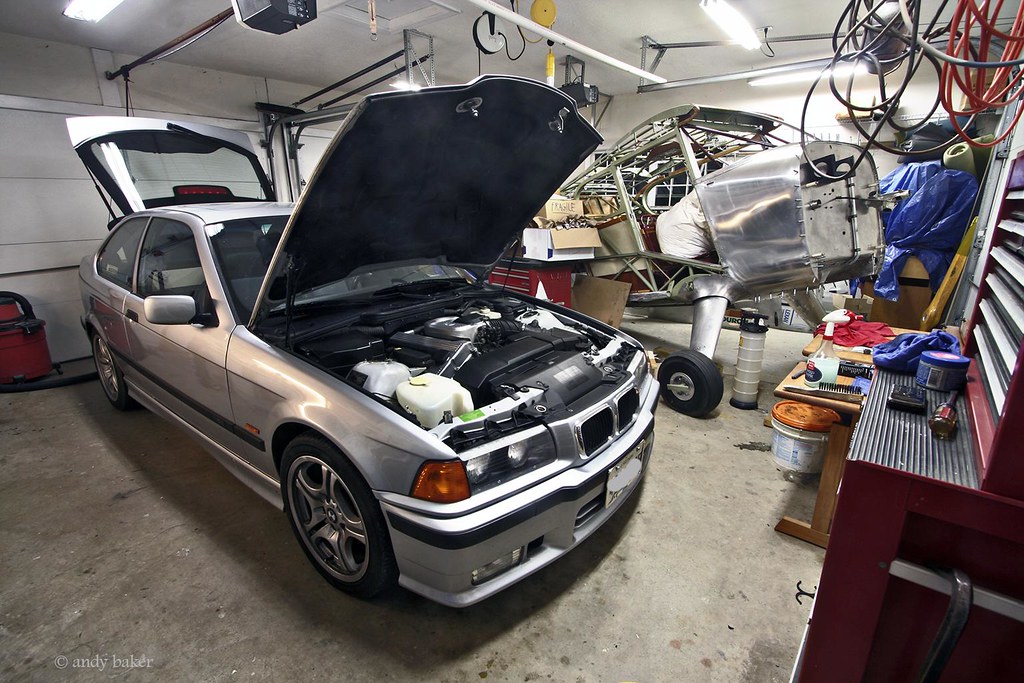Keeping Your BMW 318ti: Essential Tips for Longevity
Keeping Your BMW 318ti: Essential Tips for Longevity
Blog Article
Secret Attributes to Look for When Buying an Engine for Automotive Applications
When taking into consideration the purchase of an engine for auto applications, several vital features call for careful examination to ensure ideal efficiency and performance. From power and efficiency abilities to sustain adherence, sturdiness, and performance to exhausts standards, each aspect plays a vital duty in determining the engine's suitability for certain auto needs.
Power and Performance
When selecting an automotive engine, customers focus on power and performance to guarantee optimal driving experience and efficiency. A well-performing engine not only delivers power successfully however also runs smoothly throughout different speed arrays and driving conditions.
Furthermore, variables such as engine turbocharging, hybrid, and displacement innovations play substantial roles in enhancing both power and efficiency degrees. Inevitably, picking an engine that uses a powerful combination of power and performance ensures a gratifying and reliable driving experience.
Fuel Effectiveness
When reviewing automobile engine alternatives,Enhancing gas efficiency is an extremely important factor to consider for customers. The efficiency of an engine directly influences operating expense and ecological footprint. One crucial element affecting fuel efficiency is the engine's layout and technology. Modern engines with functions like straight fuel injection, turbocharging, and variable shutoff timing can considerably improve gas efficiency by boosting combustion processes and lowering energy loss. Additionally, the general weight of the engine and lorry, as well as the aerodynamics, play vital duties in identifying gas intake.

Longevity and Dependability
Achieving resilient efficiency and trustworthy procedure is vital for customers assessing the longevity and dependability of auto engines. When thinking about an engine for auto applications, sturdiness refers to the engine's capacity to endure wear, stress and anxiety, and extreme operating problems over an extended period. Integrity, on the other hand, implies that the engine can constantly perform its designated function without unforeseen failures or failings.
Customers should search for engines built with premium materials and accurate design to make sure longevity. Parts such as bearings, pistons, and crankshafts should be resilient to manage the engine's power result without early wear. Furthermore, engines outfitted with innovative cooling systems, effective lubrication, and robust filtration mechanisms tend to display higher levels of reliability.
Regular upkeep and adherence to supplier referrals are additionally crucial elements in protecting an engine's sturdiness and dependability. By complying with maintenance schedules, using recommended liquids, and addressing any issues promptly, customers can optimize the life-span and performance of their automotive engines. Ultimately, focusing on longevity and integrity in engine choice can result Source in a much more satisfying possession experience with less unforeseen disruptions.
Exhausts Conformity
Guaranteeing compliance with exhausts policies is an essential aspect of reviewing automobile engines for eco aware customers. With enhancing problems regarding air quality and ecological effect, rigorous exhausts requirements have been implemented around the world to minimize damaging toxins released right into the environment. When purchasing an engine for vehicle applications, it is necessary to consider its emissions conformity to minimize the carbon impact and comply with legal needs.
Modern engines are geared up with innovative emission control modern technologies such as catalytic converters, exhaust gas recirculation (EGR) systems, and selective catalytic decrease (SCR) to reduce unsafe exhaust gases like nitrogen oxides (NOx), carbon monoxide (CARBON MONOXIDE), and hydrocarbons (HC) These systems play an important duty in guaranteeing that the engine fulfills the specified discharges criteria and runs within acceptable limitations.

Cost-effectiveness
When taking into consideration vehicle engine acquisitions, examining cost-effectiveness is critical for consumers looking for both performance and value. It incorporates the total costs related to upkeep, gas usage, and potential repairs over the engine's life-span.
One secret element of cost-effectiveness is fuel efficiency. Engines that are designed to take full advantage of fuel economic situation can cause considerable savings with time, specifically for individuals who drive regularly or over fars away. Furthermore, thinking about the availability and price of spare components and servicing can contribute to the total cost-effectiveness of an engine. Guaranteeing that repair and maintenance are available and practical can stop unforeseen financial problems down the line.
Verdict
Finally, when acquiring an engine for automotive applications, it is critical to consider essential functions such as power and performance, gas longevity, effectiveness and reliability, exhausts conformity, and cost-effectiveness. These aspects are crucial in guaranteeing that the engine fulfills the demands of the lorry and operates effectively in various driving problems - bmw 318ti. Making an educated choice based on these criteria will eventually lead to a successful and effective automotive engine acquisition
From power and performance capabilities to fuel adherence, efficiency, and longevity to emissions requirements, each aspect plays an essential duty in figuring out the engine's suitability for details vehicle needs. Engines made to run on different fuels such as electrical power, hybrid systems, or biofuels can use improved gas economic climate and reduced exhausts compared to standard gasoline or diesel engines. Customers should very carefully think about the fuel effectiveness rankings and innovations included into vehicle find this engines to make informed getting decisions that line up with their top priorities for cost financial savings and sustainability.
When considering an engine for automobile applications, longevity refers to the engine's ability to withstand wear, anxiety, and rough operating problems over an extensive period.In final thought, when acquiring an engine for automobile applications, it is vital to consider essential functions such as power and efficiency, gas efficiency, reliability and sturdiness, discharges compliance, and cost-effectiveness.
Report this page